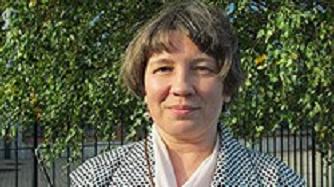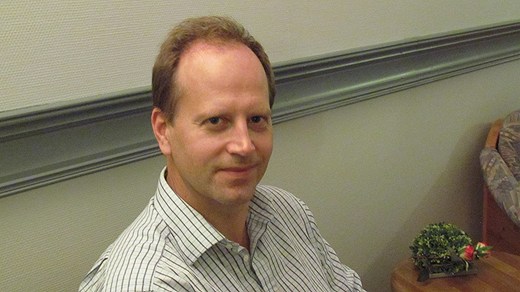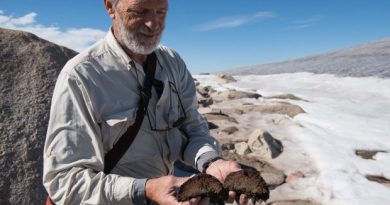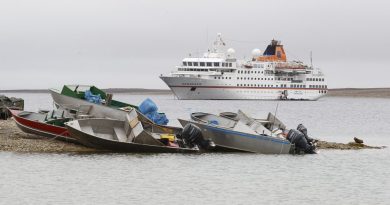Some environmental hot spots to be removed from Barents list
 At least one of the 42 most polluted areas in the Barents region will soon be removed from a list of environmental hot spots.
At least one of the 42 most polluted areas in the Barents region will soon be removed from a list of environmental hot spots.
The Barents region includes the northernmost parts of Sweden, Norway, Finland and Russia which border the Barents Sea.
The latest list of hot spots is from 2004. All 42 of them are in the Russian part of the Barents region.
These are extremely polluted areas, and can be found around mines, metallurgical plants and various paper mills.
The Barents Council work group believes they will soon be able to cross off one or more of the 42 areas from the list.
Improvement in Russia
Henrik Forsström, is from the Nordic environmental investment company NEWCO and is also a member of the Barents Council work group for environmental issues. He says that the attitude to environmental issues has improved in Russia.
“If we just go back a few years, it could not be taken for granted that all companies were aware of whether there were hot spots or whether they were even willing to admit it,” says Henrik Forsström.
“There seems to be a general development in Russia that people want to take these things into consideration, and there is reason to look to the future with optimism.”
Sweden is chairing the Barents Council’s environmental group during 2010 and 2011.
While chairing the council, Sweden wants to continue collaboration with non-profit environmental organizations and indigenous peoples.
Balancing development and environmental impact
Anna Prahkova, a representative for an organization for Russian minority peoples, including the Sámi,
is participating as an observer in the environmental group.
“These are questions important to us all, as well as for all four member countries,” says Anna Prahkova, who herself is Sámi.
“It’s good that we can take part in discussions about responsibility for the environment in the Barents region and in the Sámi areas.”
She emphasizes that responsibility is not just on the government level or with individual state agencies, but also with the people who live there becoming better informed and aware of the future. It is also important that industrial activities are balanced and reduce impact on the environment, she says.
“If we listen to one another and not just talk, changes can be made,” says Anna Prahkova.



